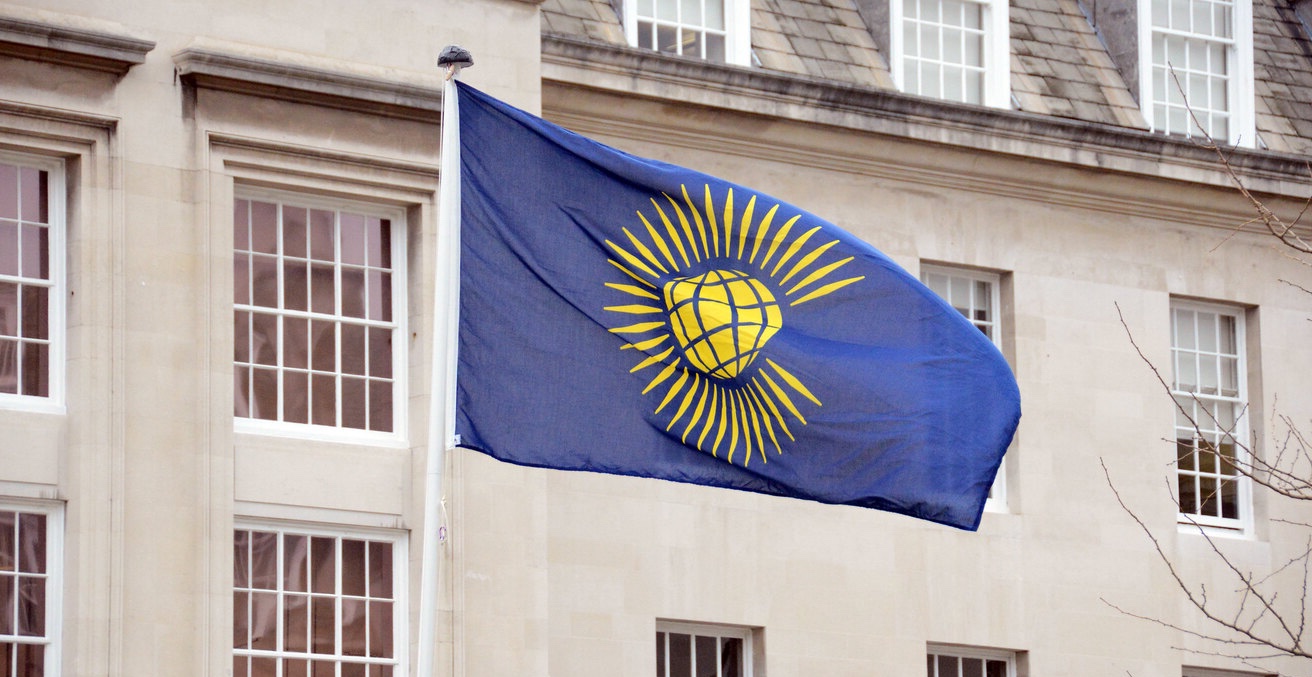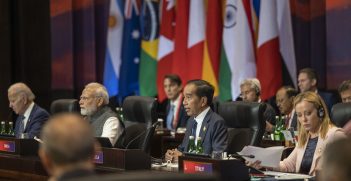Where Are You Albo? Australia and CHOGM 2022

The Commonwealth Heads of Government Meeting (CHOGM) will be held in Rwanda from June 20. Anthony Albanese’s decision not to attend has raised some eyebrows.
The new Labor government has been energetic on some international issues. Prime Minister Anthony Albanese has visited Tokyo for the Quad meeting, as well as Jakarta. Foreign minister Penny Wong accompanied Albanese in both cases and has also visited the South Pacific twice. While such energy is admirable, why has the prime minister broken with standard practice since 1971 and announced that he is not going to the forthcoming CHOGM in Kigali, Rwanda? Deputy prime minister Richard Marles is attending instead.
Since Australia is one of the leading Commonwealth countries, the decision by the prime minister is not helpful to the Commonwealth and its 53 other members.
My surmise is that Albanese judged CHOGM to be a low priority for Australia in terms of international engagement. Internationally he and the government are focusing closer to home on issues concerning China, the US relationship, Southeast Asia, and the South Pacific. It is worth remembering that the Commonwealth of Nations is a grouping in which most members are developing countries. While derived from the old British Commonwealth it is qualitatively different from that body. The modern Commonwealth dates from the London Declaration of 1949, allowing for membership by India as a republic. CHOGM in its present form began in 1971, succeeding the previous Commonwealth Prime Ministers’ Conferences.
The location of the Commonwealth Secretariat in London (established 1965) is misleading in suggesting that the United Kingdom is the leading country in the Commonwealth. Thirty-four of the Commonwealth members are republics, while only 15 recognise the British monarch as their own monarch —in addition to the United Kingdom, eight in the Caribbean, three Pacific Island countries, plus Australia, Canada and New Zealand. There are also another five national monarchies —Brunei Darussalam, eSwatini, Lesotho, Malaysia, and Tonga. Prince Charles won support to become head (essentially patron) of the Commonwealth in due course at the last CHOGM in 2018. Then Prime Minister Malcolm Turnbull said this decision was based on “an assessment of his qualities and commitment to the Commonwealth,” rather than any hereditary right. Prince Charles will be in Kigali as the Queen’s representative.
Even with a narrowly realist view of Australia’s international interests, the prime minister’s attendance at CHOGM would be useful in promoting those interests. There are opportunities for interaction with India and the other South Asian members of the Commonwealth, the three Southeast Asian members, and the nine Pacific Island members, as well as with traditional partners, the United Kingdom, New Zealand, and Canada.
Non-attendance means the prime minister will miss seeing the North-South dimension of global politics at close quarters. One can expect issues such as climate action, sustainable development, and public health (the pandemic and beyond) to feature prominently on the agenda. There will be a significant overlap with the programme proposed by UN Secretary-General Antonio Guterres in “Our Common Agenda.” Ukraine will be discussed but many countries in the South differ with Western countries over this issue. In the Commonwealth case nine countries abstained on the Ukraine resolution in the UN General Assembly; two did not vote at all. The abstainers included both India and South Africa who have significant relationships with Russia. India is not simply a cheerleader for the Quad.
CHOGM 2022 has been promoted as the African CHOGM. Non-attendance by the prime minister means missing an opportunity to strengthen relations with a range of African countries, and to gain a better appreciation of the issues facing these countries. There are 19 African members in the Commonwealth, including emerging powers such as Nigeria, South Africa, and Kenya. If “good international citizenship” is to feature in the new government’s international engagement, Africa surely beckons. Pragmatically, coalition building in the United Nations is assisted by having support from African countries. This was helpful to Australia in its successful bid for membership on the UN Security Council in 2013-2014. The groundwork for a bid for 2029-2030 needs to be happening now.
Questions have been raised about Rwanda’s human rights record. Is Rwanda a suitable venue given the Commonwealth’s commitment to human rights, democracy, and good governance? President Paul Kagame’s government has been criticised for various human rights issues, including the case of Paul Rusesabagina, who was convicted on terrorism offences in September 2021 but without his right to a fair trial being fully respected. The Commonwealth could be criticised for not being sufficiently forthright on such issues. Many Commonwealth countries fall short on human rights matters, including Australia: the treatment of Indigenous Australians, for example. It is a question of degree, but there is also an issue as to whether engaging with countries that need to improve will help them to improve.
A specific political issue arising at this year’s CHOGM concerns the position of Commonwealth Secretary-General, held since 2016 by Baroness Patricia Scotland. Baroness Scotland is a Labour-appointed peer and was attorney-general in the United Kingdom from 2007 to 2010; she was born in Dominica. There has been some controversy with Baroness Scotland’s tenure because of allegations about cronyism and improper processes in the secretariat. In Scotland’s case she has not had her tenure as secretary-general extended automatically to a second term as normally happens. CHOGM would normally have been held in 2020 but was postponed to 2021 and then 2022, meaning that Scotland has effectively had a two-year extension already. Some Commonwealth countries, including Australia and the United Kingdom, withdrew their contributions to discretionary spending by the Commonwealth Secretariat. Scotland will face opposition from Jamaican foreign minister Kamina Johnson-Smith who recently nominated for the position of secretary-general. Tuvalu has nominated its former governor-general Sir Iakoba Italeli; there has never been a Pacific Islander in the post. I am not privy to the Australian government’s position. The main contest appears to be between Scotland and Kamina-Smith, with the Caribbean members divided (Dominica is Scotland’s main backer).
Another issue for Australia at CHOGM is the expectation that Samoa will host the next CHOGM in 2024. Australia and New Zealand would be expected to provide significant support.
Having missed the experience of a mini-UN at CHOGM, one hopes that prime minister Albanese will attend the opening of the UN General Assembly in September. This is another context where global issues are aired, with strong representation from the South. Australia should be there.
This article is one of the top ten most read articles published in 2022.
Derek McDougall is a Professorial Fellow at the School of Social and Political Sciences at the University of Melbourne.
This article is published under a Creative Commons Licence and may be republished with attribution.





